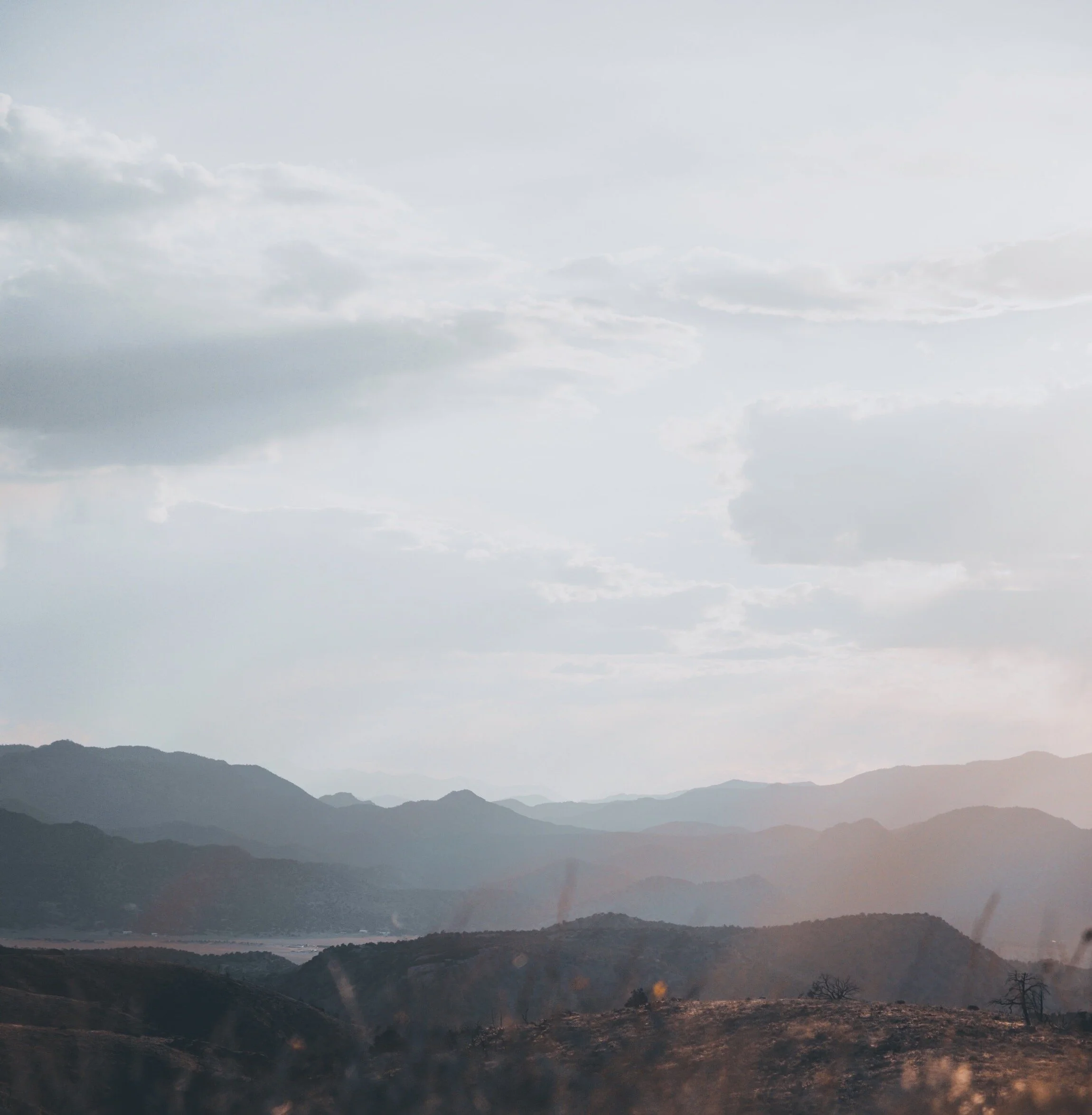A Time for Selah
Selah
– Psalm 3:2, 4, 8
When you first start learning how to read music, you begin with the notes. Each note tells you which pitch to play, and how long to hold that pitch. But eventually, you learn to read the rests. When our then five year-old was learning this, I remember telling her, look, you probably haven’t noticed this, but up till now, your music has been written incorrectly. When you weren’t supposed to play a note, the staff was just empty. But a real song is never like that. The composer always tells you exactly how long to hold not only the sound, but the silence. Playing the silences are just as important as playing the notes. The notes aren’t right without the silences.
The Bible has something like those rests in it: it’s this Hebrew word selah. No one quite knows what it means, but scholars guess it indicates a pause or stop. It is never found in the main body of the text, but as a notation in the margins. It occurs 74 times in the Bible, 71 times in 39 of the Psalms, and 3 times in Habbakuk.
Psalm 3 has the highest density of selah’s of any chapter in the book: three in just eight verses (the next three runner-ups are Psalms 32 and 46, which have 3 in 11 verses, and Psalm 67, which has 2 in 7 verses). David wrote this Psalm as he was fleeing from his son Absalom, a story we read about in 2 Samuel 15: how he discovered his son’s conspiracy and fled for his life, climbing mountains barefoot and weeping, some of his people weeping beside him. How he found both unexpected provision and endured cursing. The song he wrote at that moment goes like this:
O Lord, how many are my foes!
Many are rising against me;
many are saying of my soul,
“There is no salvation for him in God.”
[selah]
But you, O Lord, are a shield about me,
My glory, and the lifter of my head.
I cried aloud to the Lord,
and he answered me from his holy hill.
[selah]
I lay down and slept;
I woke again, for the Lord sustained me.
I will not be afraid of many thousands of people
who have set themselves against me all around.
Arise, O Lord!
Save me, O my God!
For you strike all my enemies on the cheek;
you break the teeth of the wicked.
Salvation belongs to the Lord;
your blessing be on your people!
[selah]
The rests punctuate each phase in the arc of the story: problem, truth, result and petition. It isn’t meant to be sung through straight to the end: there is meant to be a pause, a stop at each point on the way.
What is your Absalom moment? Maybe it’s physical suffering, relational betrayal, the feeling of sadness or loss or bitter disappointment. Maybe it’s a path that’s hard to climb. Maybe it’s disruption to your routine, something that throws you off. Maybe it’s facing something you’re dreading. Whatever it is, picture it written out as a script, then picture that word in the margins: selah. Stop for a moment. Rest, maybe. Listen, maybe. Or just let there be a bit of silence. We, who by human nature and culture press on so quickly from one thing to the next; we, who by habit fill all our spaces with entertainment and distraction; we in our world of push notifications—we need to see that word in the margins.
In the world of music, a rest means two things: silence and time. Ruth Haley Barton writes that silence and time does for us what nothing else can: it’s like if we have a jar of muddy river water. If we want the sediment to settle, if we want to see through the swirling debris of our lives, then there’s nothing to do but wait, to wait and trust the spiritual law of gravity that says the knowing will come.
Every word in the Bible is holy—even this enigmatic one, scribbled in the margins, so easy to overlook. Yet it is just as much God’s word to us: to stop. To pause. And to see what rises to the surface.






